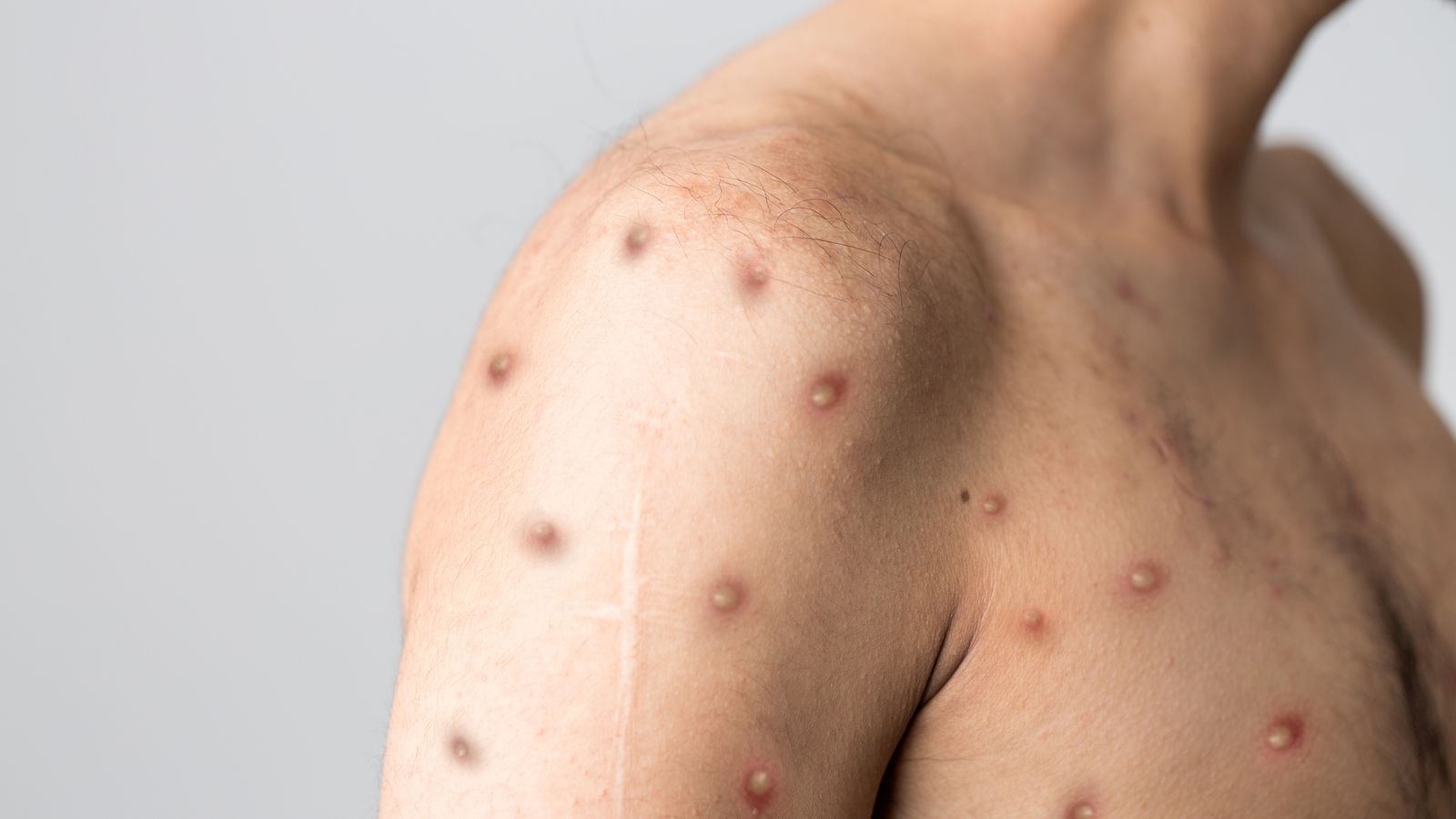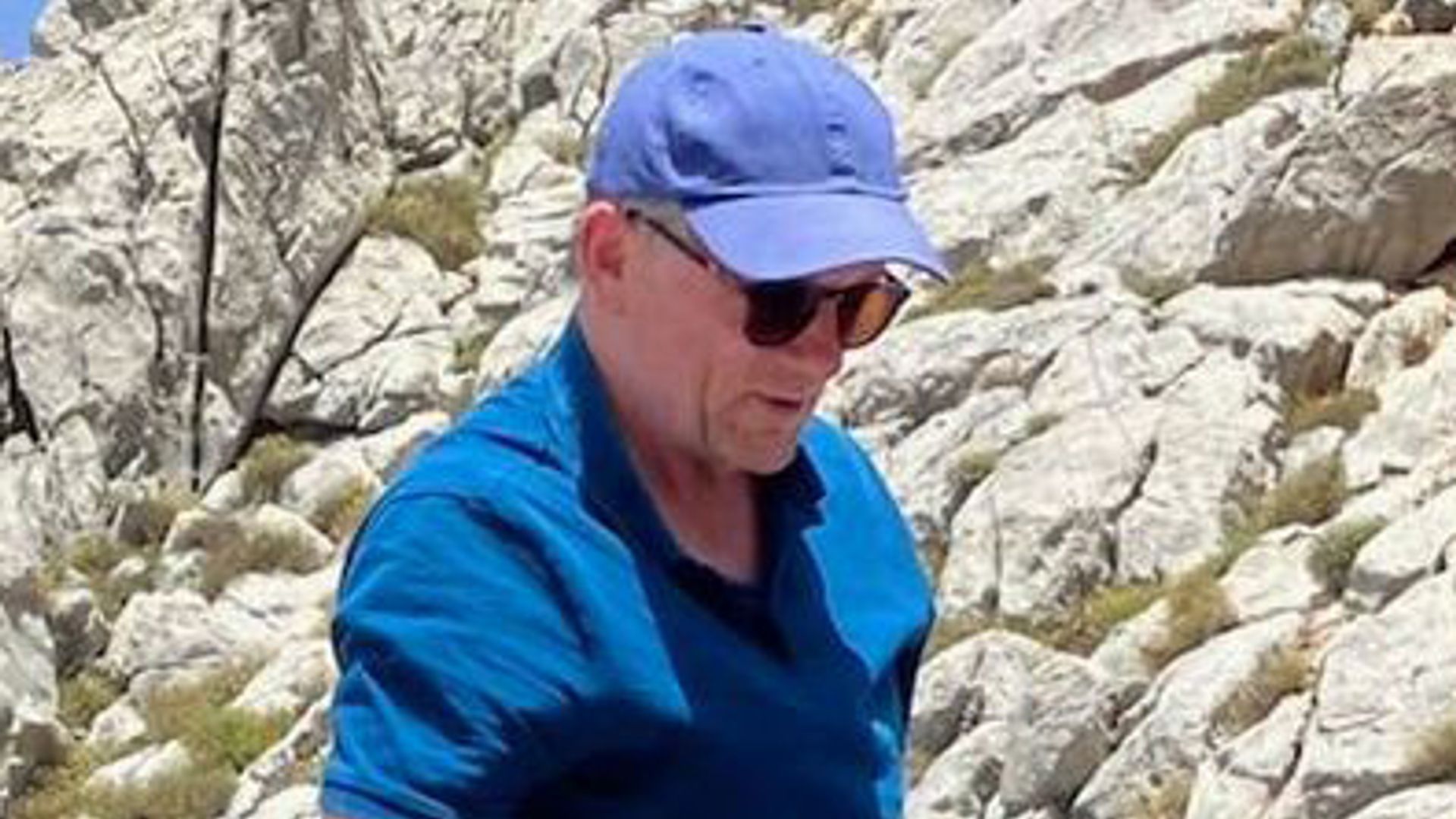The head of the World Health Organisation (WHO) has declared the monkeypox outbreak a “global health emergency”.
Dr Tedros Adhanom Ghebreyesus told a news conference that despite the WHO committee being unable to come to consensus, he declared the emergency anyway as the tie-breaking vote.
He added the risk globally is “moderate”, except in Europe where it is “high”.
Read more: New monkeypox symptoms identified as researchers say it can be spread through ‘any close physical contact’ | People with symptoms should not have sex, new UK guidance says
Dr Ghebreyesus said there had been more than 16,000 cases of monkeypox reported to the WHO from 75 countries, and five deaths.
The declaration by the WHO is designed to trigger an international response to the outbreak, which could unlock funding and vaccine sharing.
Dr Ghebreyesus also gave recommendations on how to implement a response, including:
New monkeypox symptoms identified as researchers say it can be spread through ‘any close physical contact’
NHS scaling up monkeypox vaccination programme in London as more than 2,000 cases confirmed across UK
Monkeypox: Close contacts of sufferers no longer need to self-isolate
• To engage and protect affected communities;
• To intensify surveillance and public health measures;
• To strengthen clinical management and infection prevention and control in hospitals and clinics;
• To accelerate research into the use of vaccines, therapeutics and other tools.
The disease has had a foothold in parts of central and west Africa for decades, and was not known to trigger large outbreaks beyond the continent.
However, last month authorities in the US and western Europe detected dozens of outbreaks.
Please use Chrome browser for a more accessible video player
Monkeypox joins COVID-19, Ebola, and Zika on the list of previously declared global health emergencies.
Earlier this week, Dr Rosamund Lewis, the WHO’s monkeypox expert, said 99% of all monkeypox cases outside of Africa were in men, with 98% in men who have sex with other men.
Some experts believe the spread began at two raves in Belgium and Spain.
The NHS website currently lists a high temperature, a headache, muscle aches, backache, swollen glands, shivering and exhaustion as symptoms, and is often characterised by pus-filled lesions on the skin.
The UK Health Security Agency (UKHSA) has procured an additional 100,000 doses of a vaccine to help tackle the spread of the virus, with those eligible being contacted by the NHS to get their jabs.
A total of 2,137 cases have been confirmed in the UK, with 2,050 in England the majority in London, according to the latest figures released on 18 July.






